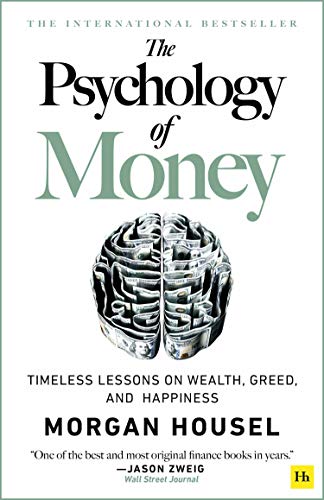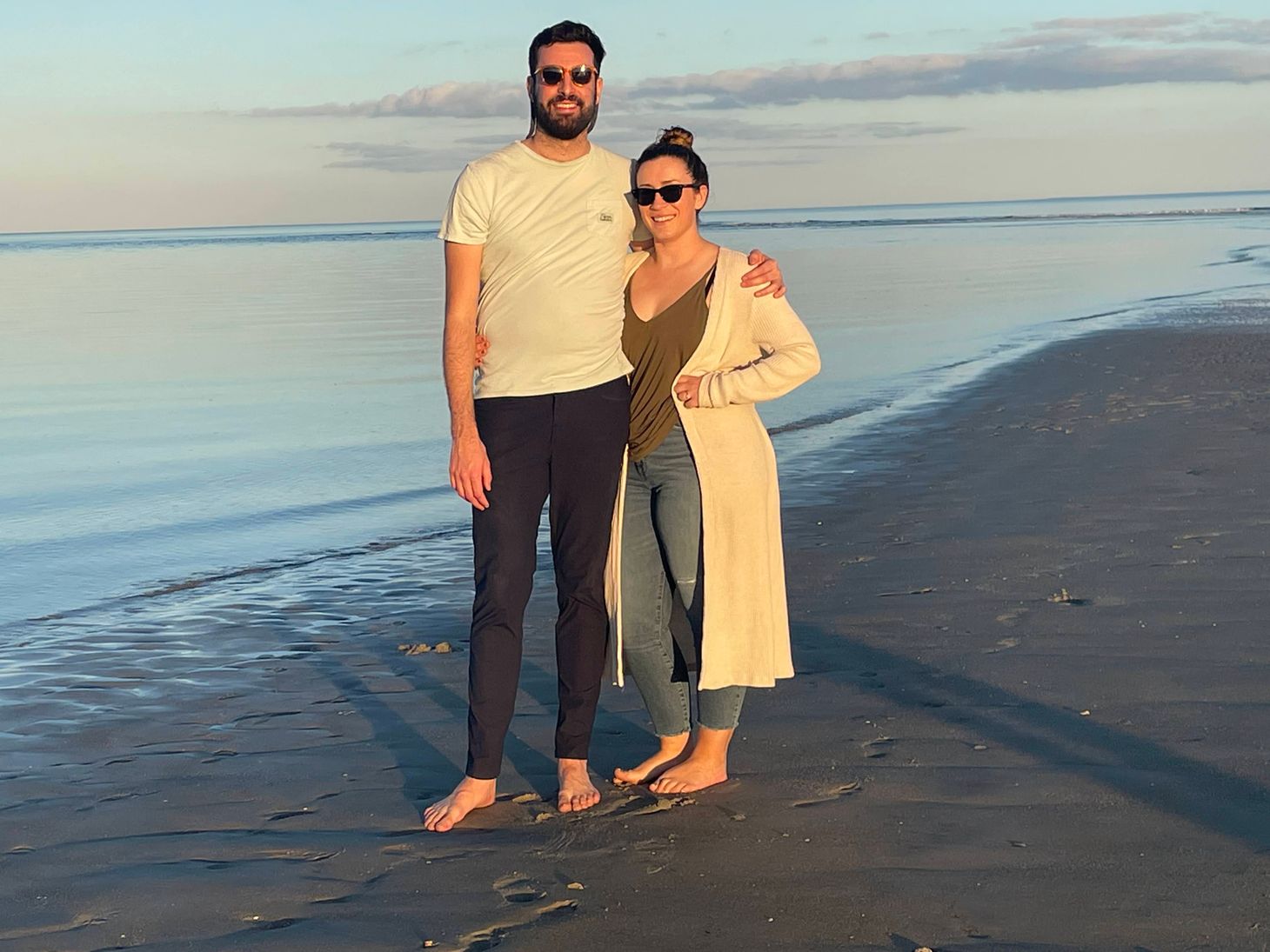Don't Try to be Rational: The Most Important Lesson from "The Psychology of Money"

I recently read the excellent "The Psychology of Money" by Morgan Housel, and while there are many valuable lessons in this book, I was most impacted by one idea in particular that's the subject of Chapter 11:
The basic idea is that human beings do not live in spreadsheets. We live in the real world, where our money plays a very real role in our emotional well-being, whether we'd like to admit it or not.
This simple truth was eye-opening for me, because I'm someone who's enjoyed gaining an understanding of personal finance with the goal of "maximizing" my money. And, I love, love spreadsheets! But after reading this chapter I realized two fundamental truths that I had been missing out on:
- Money itself is not worth anything. Money is valuable only because of what it can provide you to benefit your life.
- Because of number 1, it's actually impossible to define your "best" use of money.
What appears on a spreadsheet to be the use of money with the "maximum return" may not be the best way you can use money to generate happiness and peace in your life.
The personal example that Housel gives is paying off his mortgage years before he had to. Any financial advisor would tell you that this makes absolutely no sense from both a tax or investing point of view. From the advisor's perspective, a mortgage is debt at ~5% interest, but you could earn a lot more than 5% by investing your money instead of paying off the mortgage. Interest on mortgages is also tax deductible in most cases.
But the flip side is that paying off his mortgage helped Housel sleep at night. The benefit of the peace of mind generated by having his house paid off in full is literally unquantifiable. But for him, it was far greater than any theoretical gains he might have appreciated had he taken the mathematically optimal route with his money. Paying off his mortgage helped him sleep at night much more than earning a 5-10% yield on his money would have.
Another example might be trading stocks or crypto on margin. Even if you have high conviction that your trades will work out, is it worth the anxiety that comes along with putting your money in danger? The most financially optimal return may not outweigh the unquantifiable cost of the burden this type of risk might cause.
Of course, to another person, these calculations could be the exact opposite - it depends on your values, lifestyle, family situation, and history with money among many other factors. But the simple act of considering the impact of money beyond the bottom line can lead to much better and healthier financial outcome.
I highly recommend The Psychology of Money (affiliate link) to anyone who's looking to understand their relationship with money. I know that it has made me re-examine how I'm using my money for the better.
David McIntyre Newsletter
Join the newsletter to receive the latest updates in your inbox.

